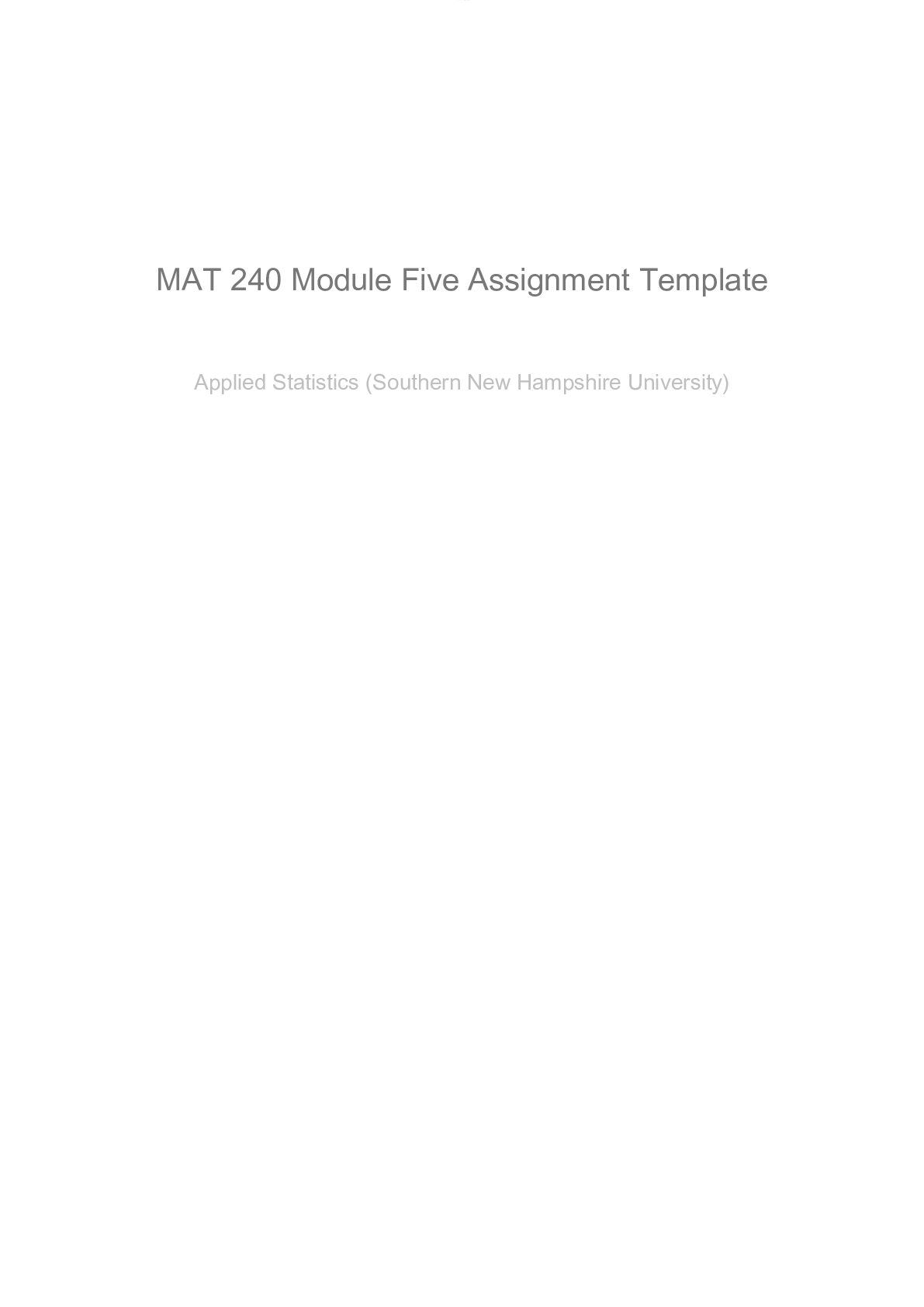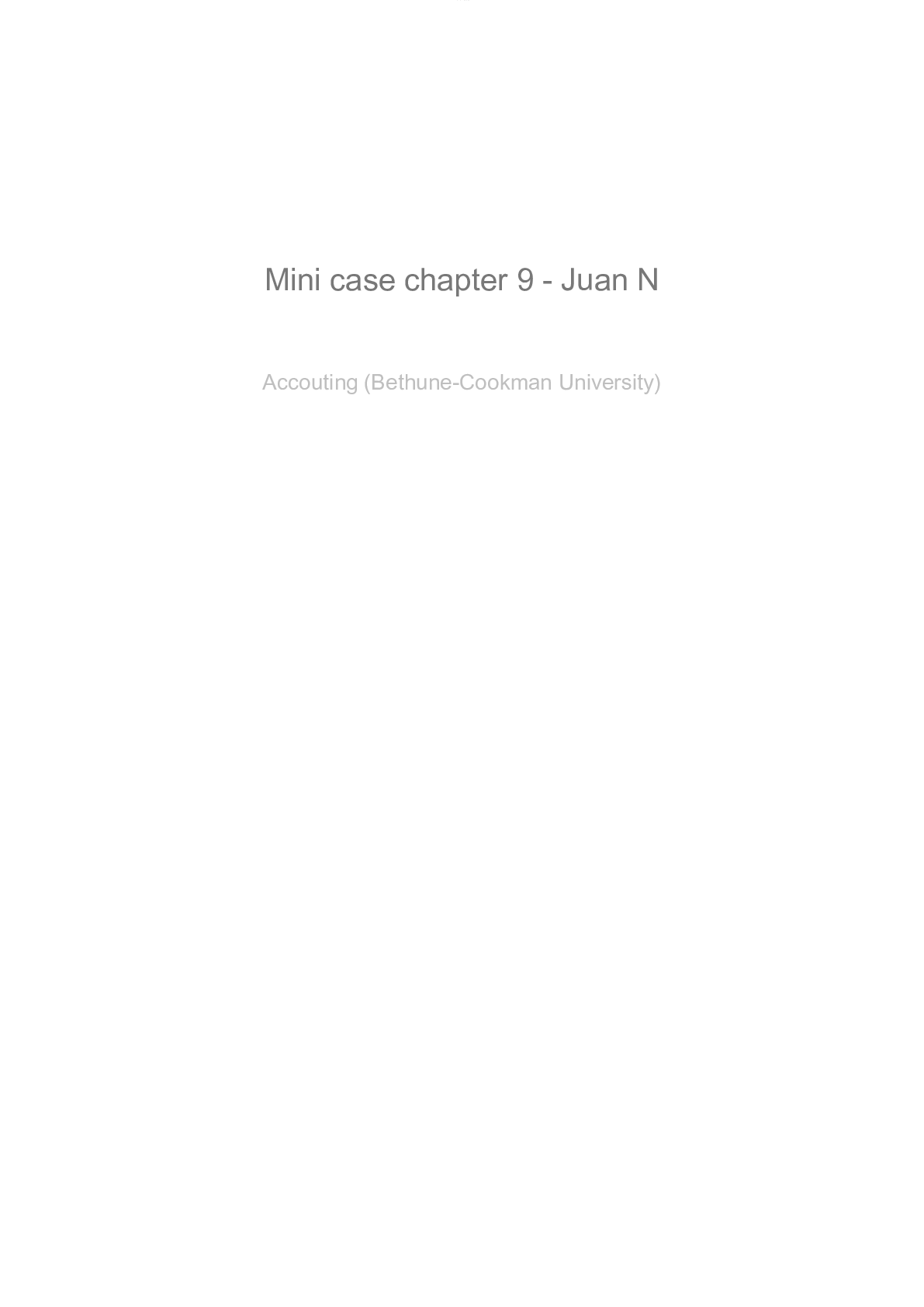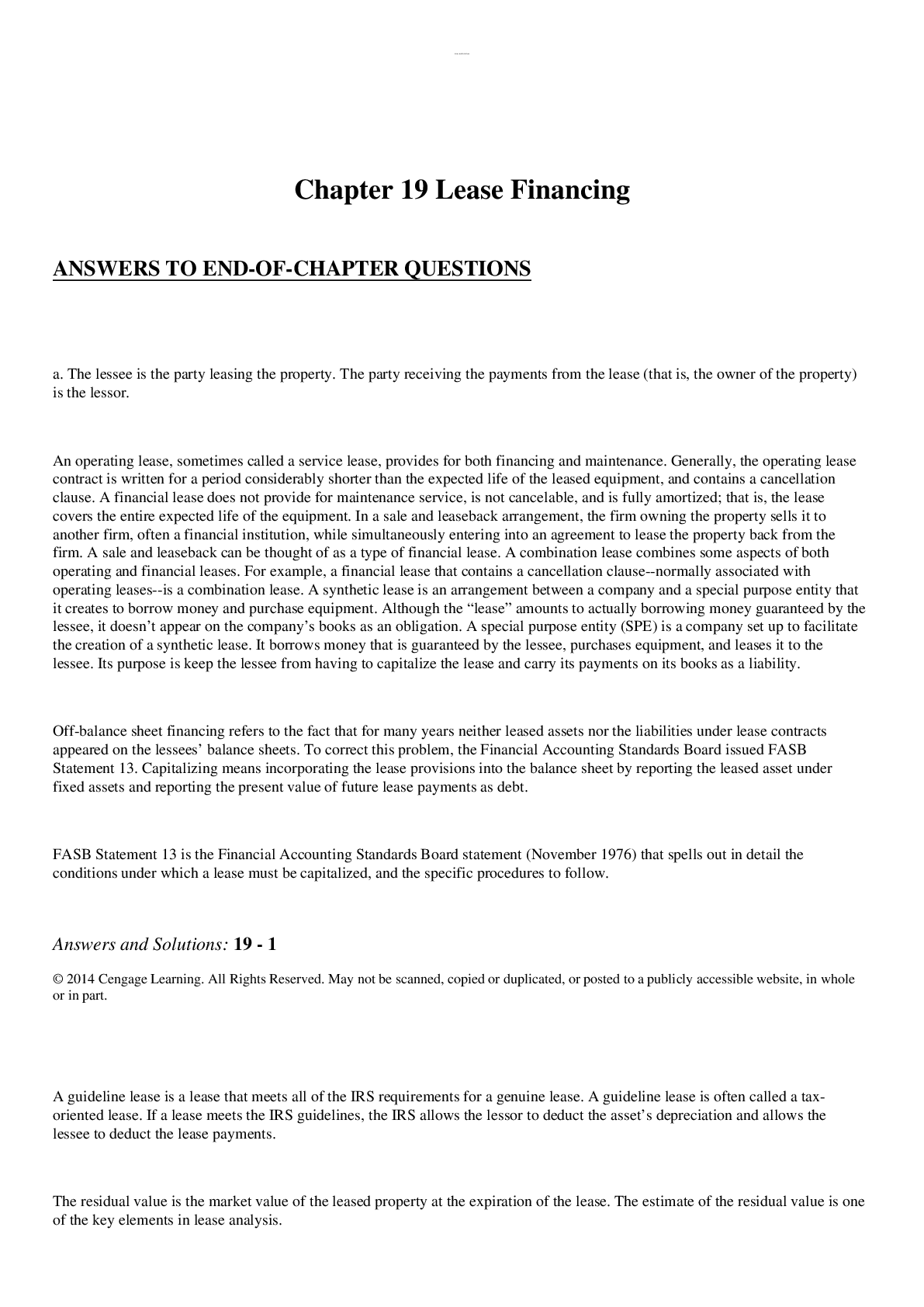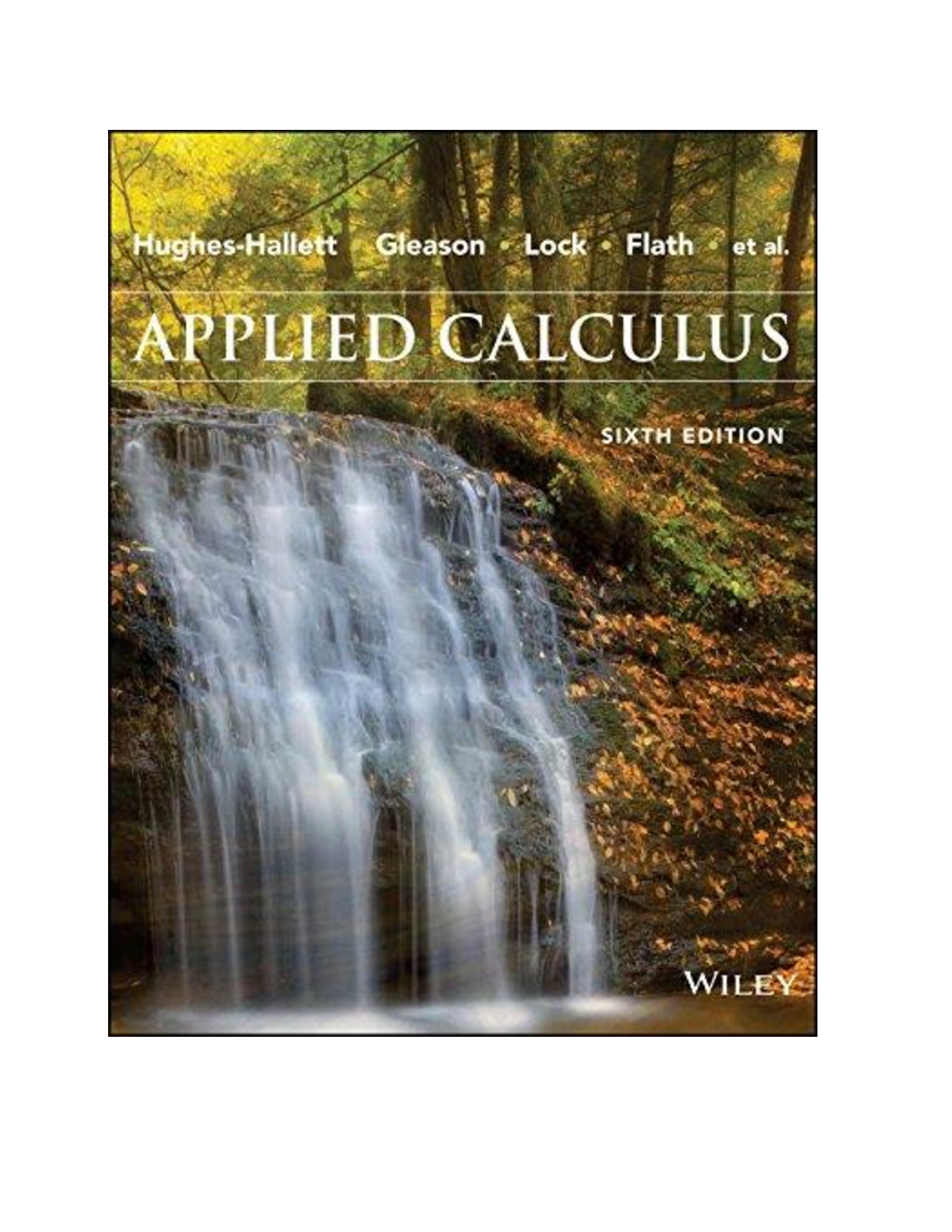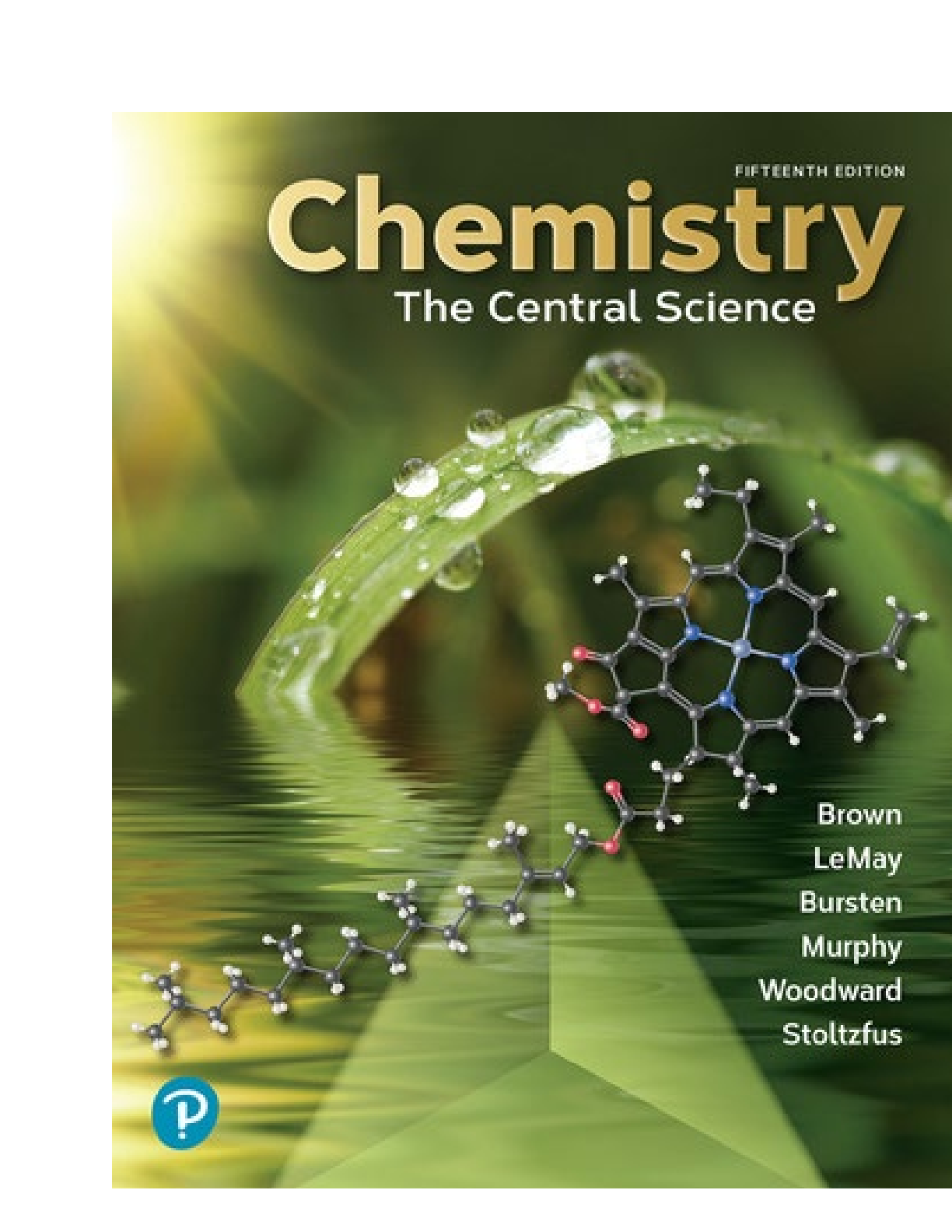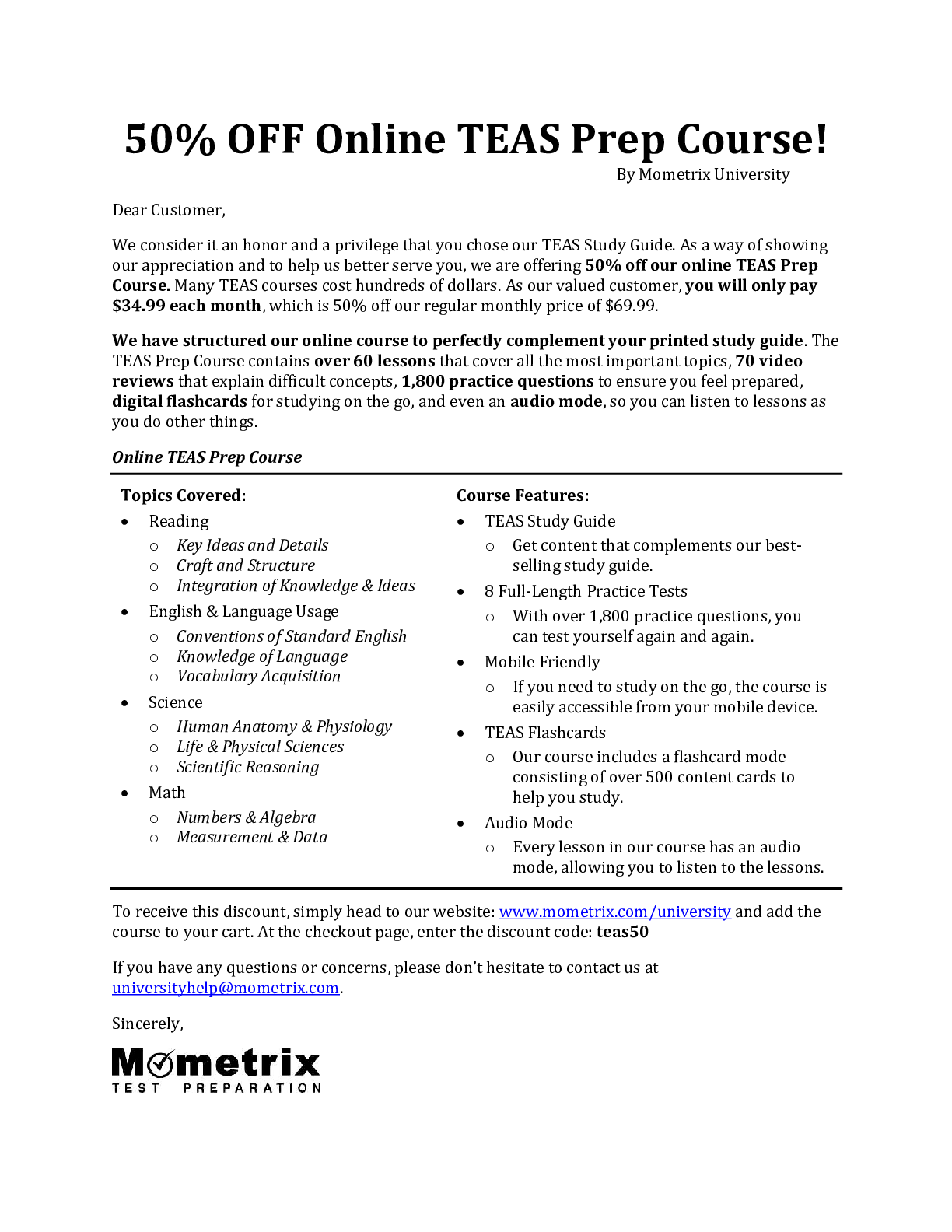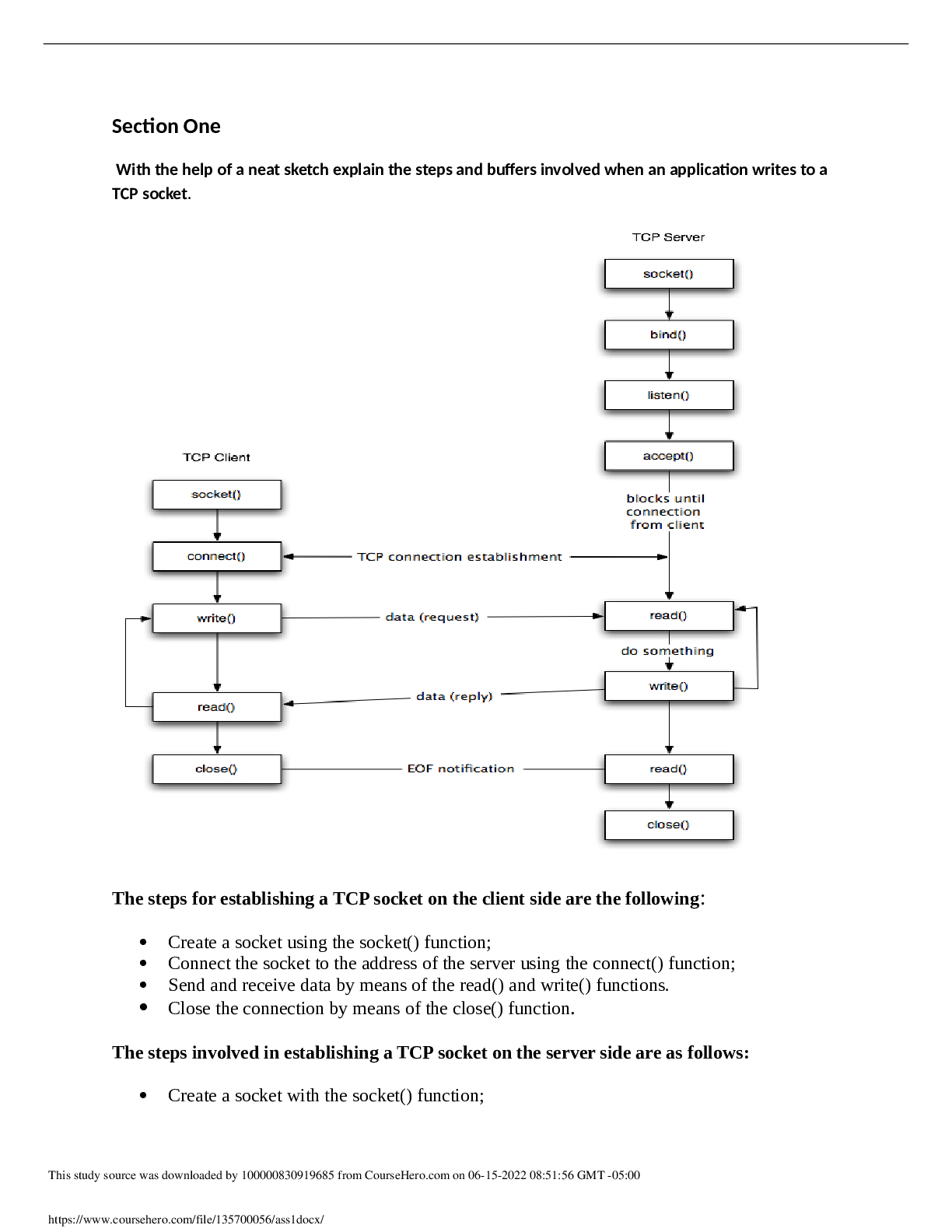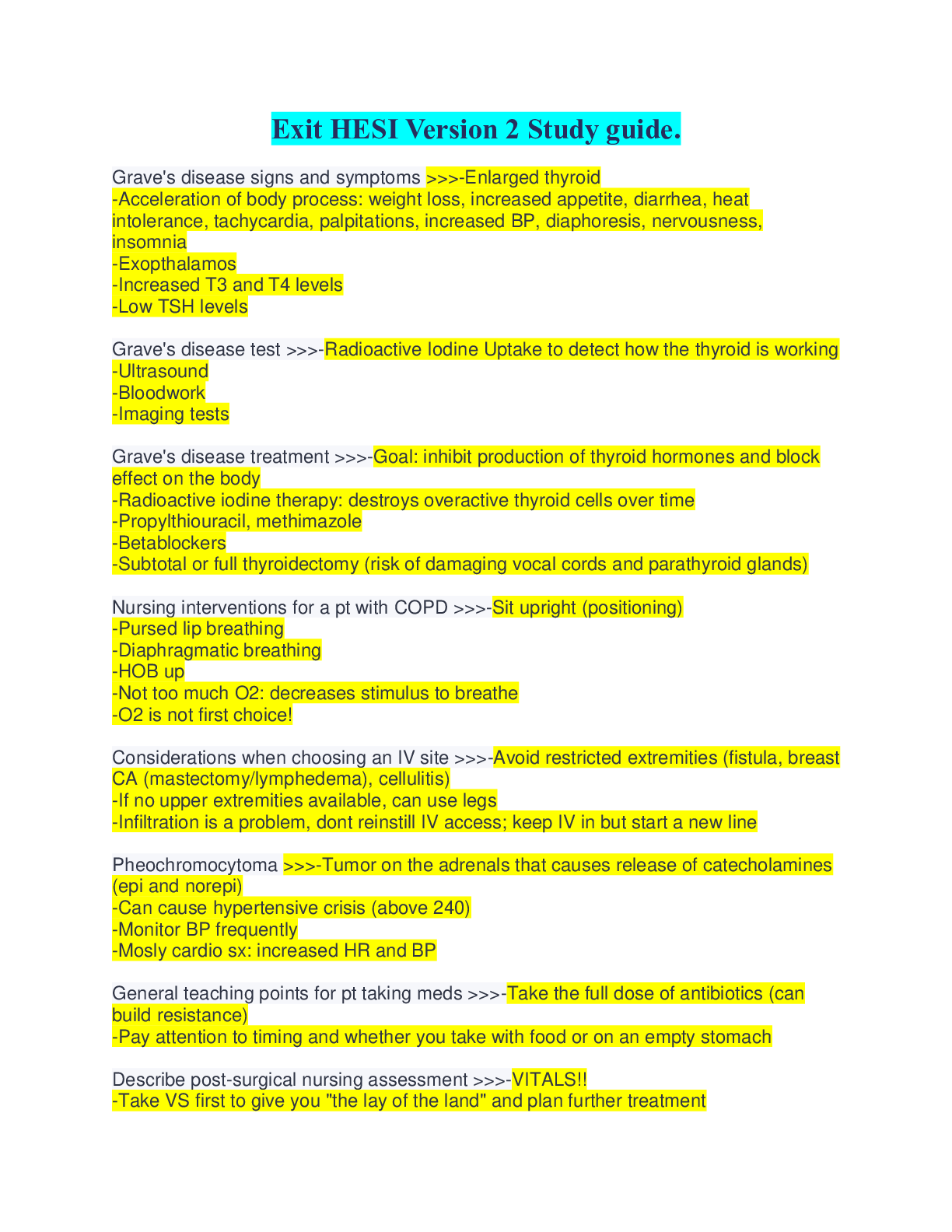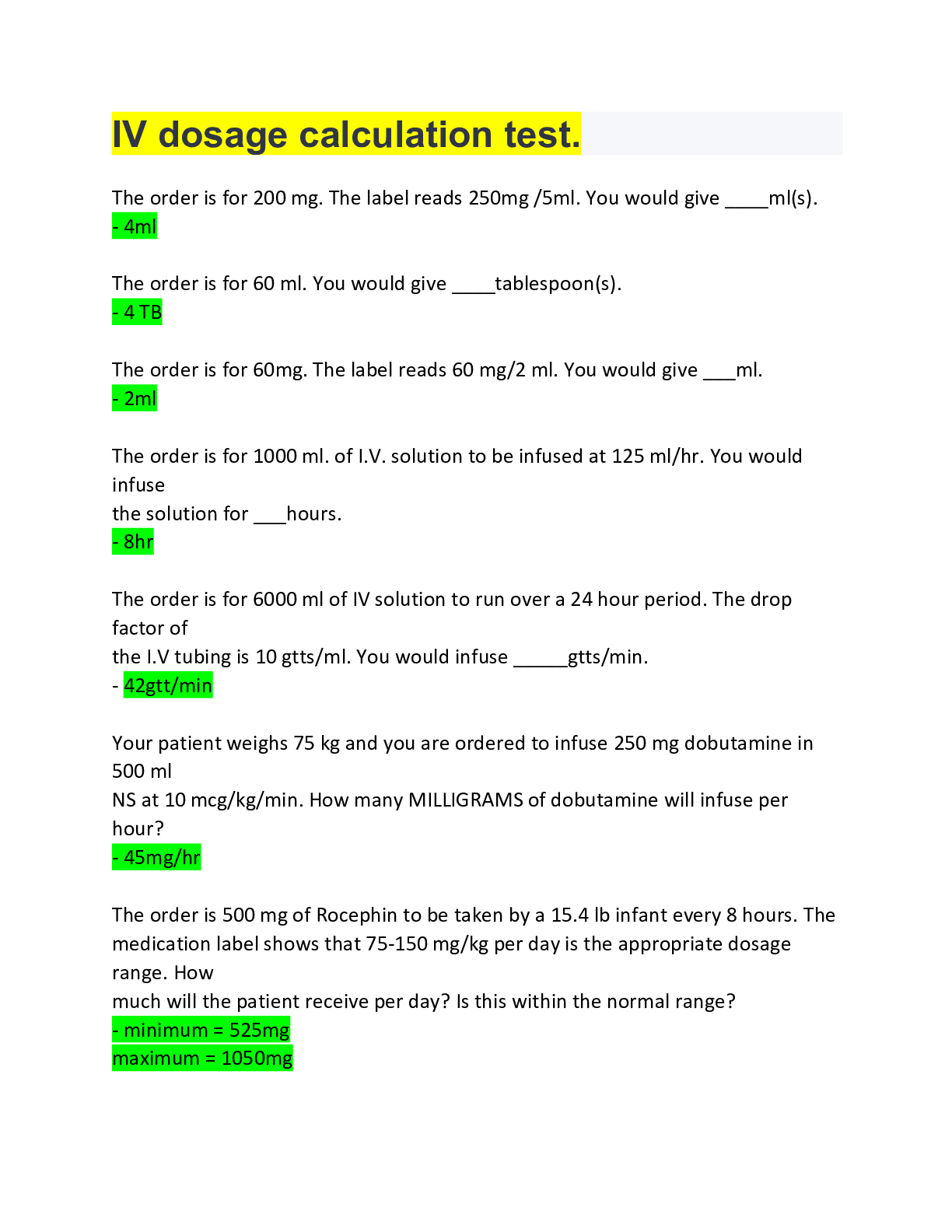Occupational Therapy > Solutions Guide > Behavior Analyst BCBA exam Fluency Solution Guide updated fall 2022 (All)
Behavior Analyst BCBA exam Fluency Solution Guide updated fall 2022
Document Content and Description Below
BCBA exam Fluency Solution Guide 3 levels of scientific understanding - DPC Description Prediction Control Description - Systematic observations that can be quantified & classified Predi... ction - AKA: correlation; covariation 2 events may regularly occur at the same time. This does not mean one causes the other Control - AKA: causation Functional relation. The highest level of scientific understanding. Experimental demonstration that manipulating one event (IV) results in another event (DV). 6 attitudes of science Philosophical assumptions of bx - DEER PP Determinism Empiricism Experimentation Replication Parimony Philosophical Doubt Determinism - Cause & effect Lawfulness Orderly & predictable Empiricism - Facts Experimental, data-based scientific approach, drawing upon observation & experience. Requires objective qualification & detailed description of events. Experimentation - Basic strategy of most sciences. Requires manipulating variables to see effects on DV. Experiment to determine if one event caused another. Replication - Repeating experiments Parisomy - The simplest theory. All simple & logical explanations must be ruled out first before complex explanations. Philosophical Doubt - Having healthy skepticism & a critical eye 7 dimensions of ABA - BATCAGE or GET A CAB Behavioral Applied Technological Conceptually Systematic Analytic Generality Effective Behavioral - Observable events. Must be a bx in need of improvement. Applied - Socially significant bxs Technological - Procedures clearly & precisely so they are replicable. RECIPE Conceptually Systematic - Procedures should be based on principles of ABA Analytic - AKA: Functional Relation, Experimentation, Control, Causation A functional relation is demonstrated. Generality - AKA: Generalization Extends bx change across time, settings, or other bxs Effective - Improves bx in a practical manner Mentalism Terminology - Hypothetical Constructs Explanatory Fictions Circular Reasoning 4 Branches of Behavior Analysis - CASE Conceptual Analysis of Behavior ABA Behavior Service Delivery Experimental Analysis of Bx (EAB) 2 types of bx - Respondent Operant Respondent Bx - AKA: Reflex, Reflexive Relations, Unconditioned, US-UR Elicited Involuntary Reflex Habituation Habituation - Eliciting stimulus is presented repeatedly that respondent bx diminishes Phylogenic - Bx that is genetic Respondent conditioning - AKA: Classical Conditioning, Pavlovian Conditioning, S-S Pairing, CS-CR When new stimuli acquire the ability to elicit respondents. Operant Behavior - AKA: S-R-S, 3 term contingency, ABC Emit/evoke Bx whose probability is determined by its history of consequences. Voluntary action. Operants defined in terms of their relationship to controlling variables. FUNCTION. Encompasses both reinforcement & punishment. Adaptation Adaptation - Reductions in responding by repeated or prolonged presentation to antecedent stimulus. Ontogentic - Learning that results from interactions with environment Operant Contingency - AKA: Behavioral Contingency, Contingency, 3-term Contingency, ABC The occasion for a response (SD), the response, & the outcome. The dependency of a particular consequence on the occurrence of the bx. Reinforcer or punisher is "contingent" on a bx 3-term contingency ABC - What is the primary analysis in ABA? Contiguity - When 2 stimuli occur close together in time, resulting in an association of those 2 stimuli. 3 Principles of Bx - PER Punishment Extinction Reinforcement All strategies are derived from these 3 principles. applied - ABA is a(n) _______ science. ABA - A scientific approach for discovering environmental variables that reliably influence socially significant bx & for developing a technology of bx change that is practical & applicable Science - To achieve a thorough understanding of the phenomena under study (socially significant bxs) Response - A single instance of bx. Behavior - Larger set/class or responses that share physical dimensions or functions. Response Class - A group of bxs that comprise an operant. Operant: Response-consequence relationship. Similar bxs that are strengthened or weakened collectively as a result of operant conditioning. Yes. Can widely vary in form but are limited in topographical variations. - Can responses in the same response class look different? Repertoire - 1. All bxs that an individual can do. 2. A collection of knowledge & skills an individual has learned that are relevant to a particular task. Environment - Complex, dynamic universe of events that differs from instance to instance. All bx occurs within an environmental context. Stimulus - Physical events that affect the bx of an individual. Internal or external to the individual. An energy change that affects an organism through its receptor cells. Stimulus Class - A group of antecedent stimuli that have a common effect on an operant class. Group members of a stimulus class tend to evoke or abate the same bx or response class, yet may vary across physical dimensions. 3 Types of Stimulus Classes - FTF (For The Fun) Formal: Physical features Temporal: time Functional: effect of the stimulus on the bx, can be multiple functions of a single stimulus Feature Stimulus Class - Stimuli share: common topographies relative relations INFINITE number of stimuli developed through stimulus generalization Arbitrary Stimulus Class - Stimuli that evoke the same response, but they do NOT share a common stimulus feature. They do not physically look alike or share a relative relationship. LIMITED number of stimuli Developed through stimulus equivalence. Consequences - Only affect FUTURE bx. Consequences select response classes, NOT individual responses. Immediate consequences have the greatest effect. Automaticity (of R & P) - A person does not have to know what a consequence means for it to work. Automatic Reinforcement - AKA: Sensory, Self-Stimualtory Bxs, Stereotypy Reinforcement that occurs independent of the social mediation of others. Because it feels good! WARNING!! What looks like automatic reinforcement (i.e. hand flapping) might not be. Automatic Punishment - Punishment that occurs independent of the social mediation of others. Reinforcement - Does NOT only strengthen rate. Also strengthen: -Duration -Latency -Magnitude -Topography What happens right before reinforcement will be reinforced. Delayed consequence are not technically reinforcement, but they can influence bx. What Reinforcement Does - -Makes antecedent stimulus conditions relevant. -Changes what comes after bx & what comes before bx. -Creates stimulus control -depends on motivation Unwanted effects of Reinforcement - -Effects of reinforcement can be temporary. -Ethical concerns arise from the severity of the EO that occasions the bx. -Relying on the use of contrived reinforcers as opposed to natural reinforcers. -Using potential reinforcers that may be harmful to long-term health or require undesirably marked deprivation procedures as MOs NOT TRUE -Giving reinforcement will result in loss of intrinsic motivation. -People confusing reinforcement with bribery. Reinforcement TRUMPS Punishment - You should recommend reinforcement rather than punishment WHENEVER POSSIBLE Positive Reinforcement - AKA: Type 1 Reinforcement; Sr+ A PROCESS that occurs when a bx is followed immediately by the presentation of a stimulus that increases FUTURE frequency of the bx in similar conditions. MOST IMPORTANT & WIDELY USED CONCEPT IN ABA. 5 Types of Positive Reinforcers - EATSS Edible Activity Tangible Social Sensory Negative Reinforcement - AKA: Type II Reinforcement; Sr- A PROCESS that occurs when a bx is followed immediately by the REDUCTION or REMOVAL of a stimulus that increases the FUTURE frequency of the bx in similar conditions. 2 Types of Negative Reinforcement - 1. Escape 2. Avoidance Escape - A bx allows escape from an ongoing aversive stimulus. Avoidance - A response that prevents or postpones the presentation of a stimulus. 2 Types: -Discriminated Avoidance -Free-Operant Avoidance Discriminated Avoidance - A contingency in which responding in the presence of a signal prevents the onset of a stimulus from which escape is a reinforcer. Free-Operant Avoidance - NO WARNING. A contingency in which responses at any time during the interval prior to the scheduled onset of an aversive stimulus. The avoidance bx is "FREE" to occur at any time. Ethical Warning about Negative Reinforcement - Creating an aversive condition for the individual is unethical & may even bring about more challenging bxs! Unconditioned Reinforcer/Reinforcement - AKA: UCR; Primary Reinforcer; Unlearned Reinforcer A stimulus change that can increase the future frequency of bx without prior pairing without any other form of reinforcement. -No learning history required. -Products of phylogeny. All members of a species generally share the same UCRs. Conditioned Reinforcer/Reinforcement - AKA: CR; Secondary Reinforcer; Learned Reinforcer When a previously neutral stimulus acquired the ability to function as a reinforcer through S-S pairing with one or more unconditioned or conditioned reinforcers. Continued [Show More]
Last updated: 1 year ago
Preview 1 out of 62 pages
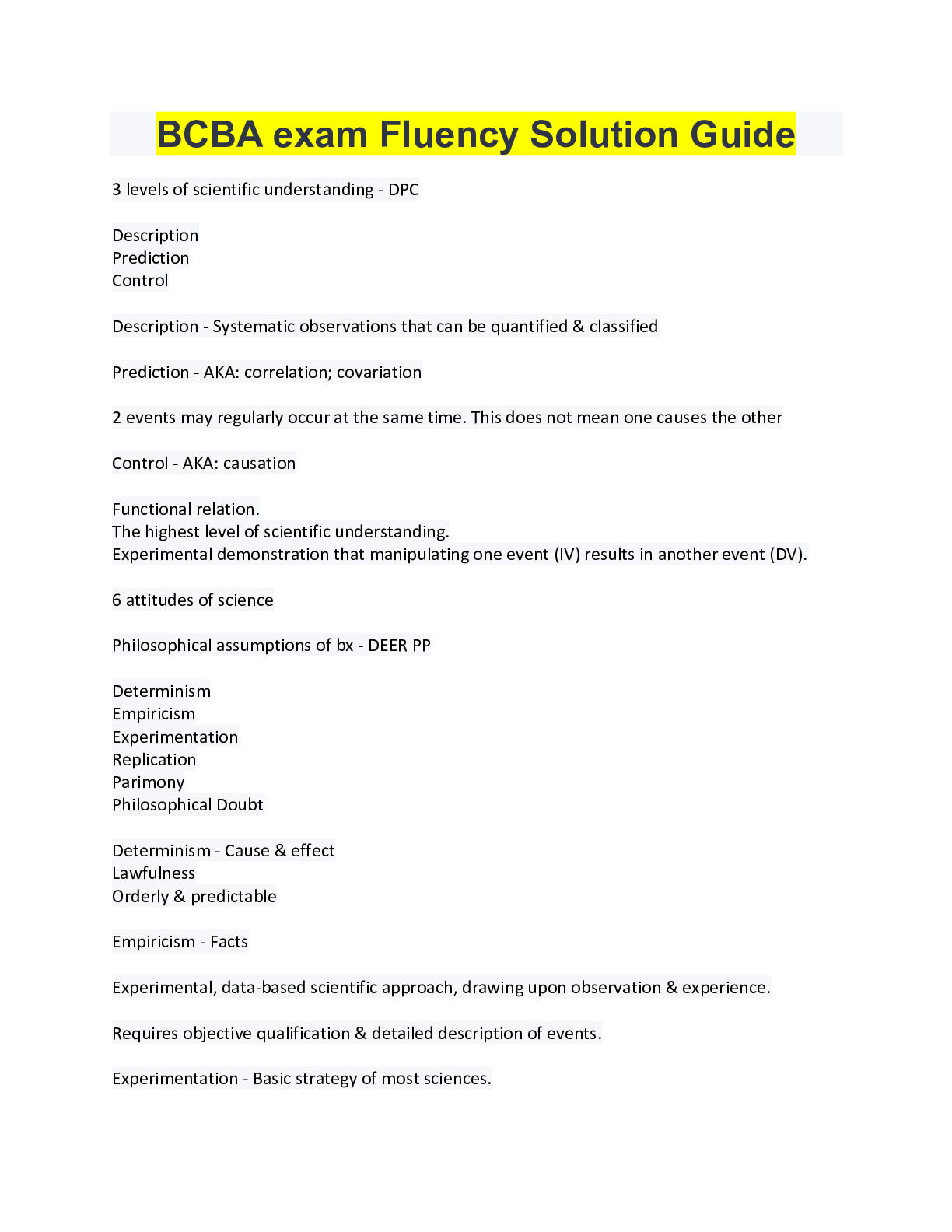
Reviews( 0 )
Document information
Connected school, study & course
About the document
Uploaded On
Jul 02, 2022
Number of pages
62
Written in
Additional information
This document has been written for:
Uploaded
Jul 02, 2022
Downloads
1
Views
131
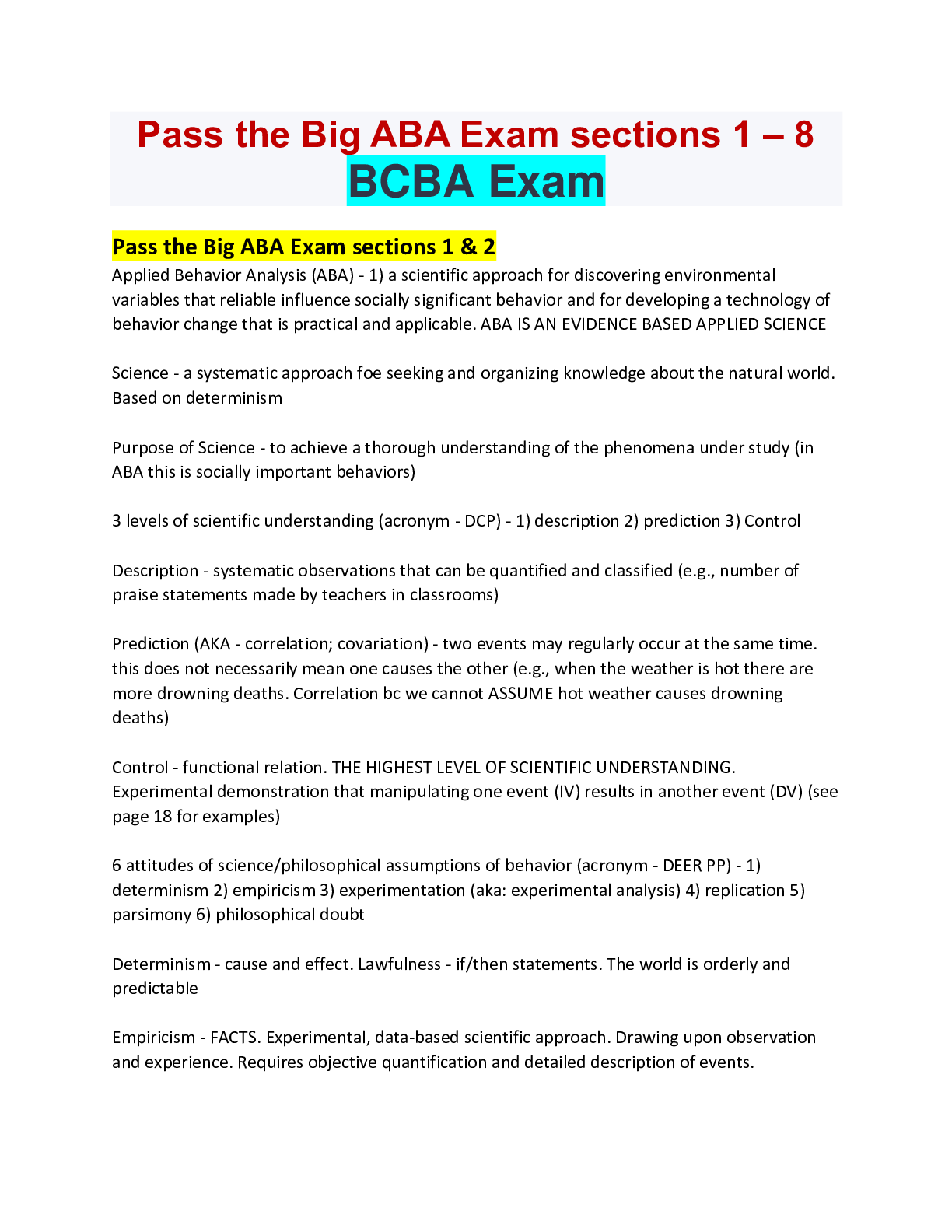

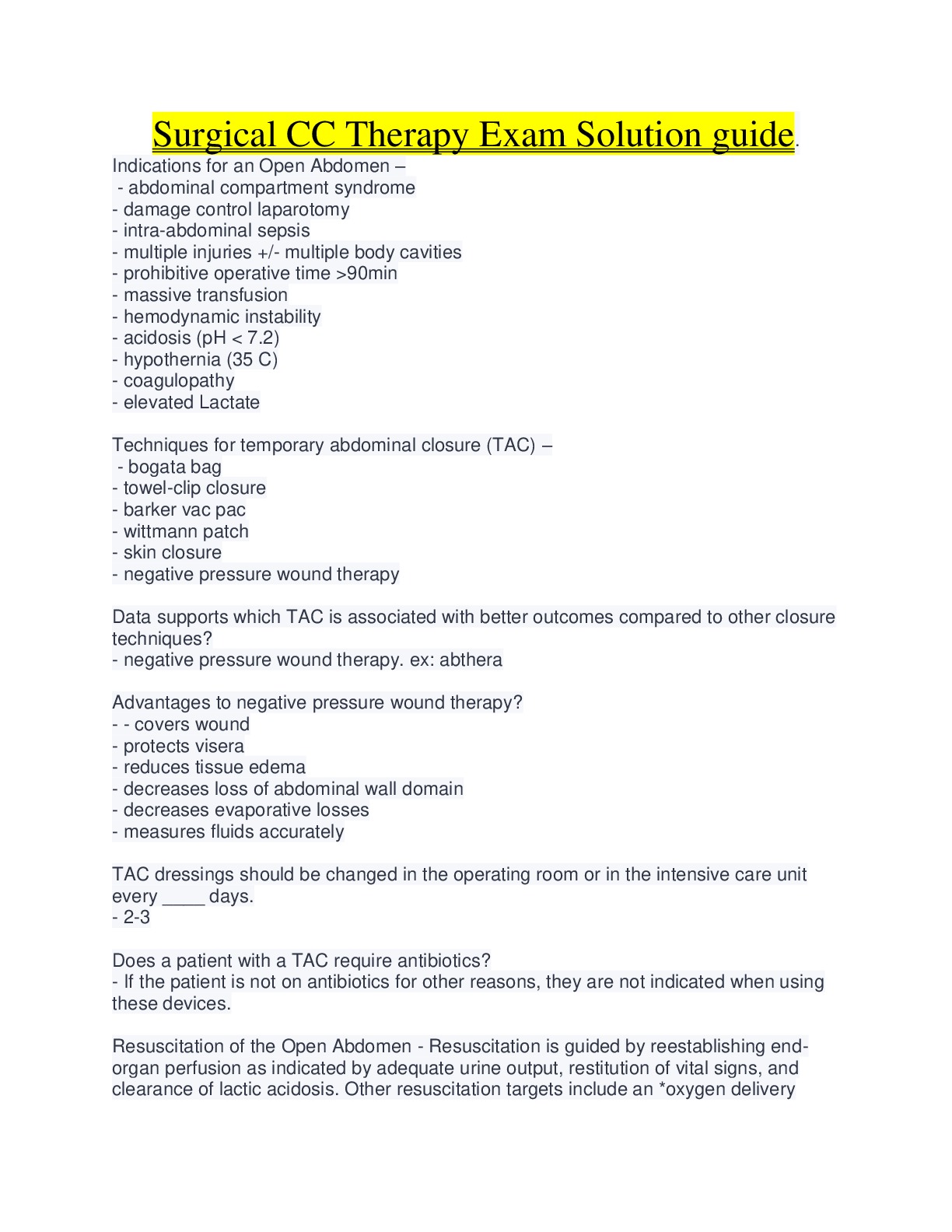
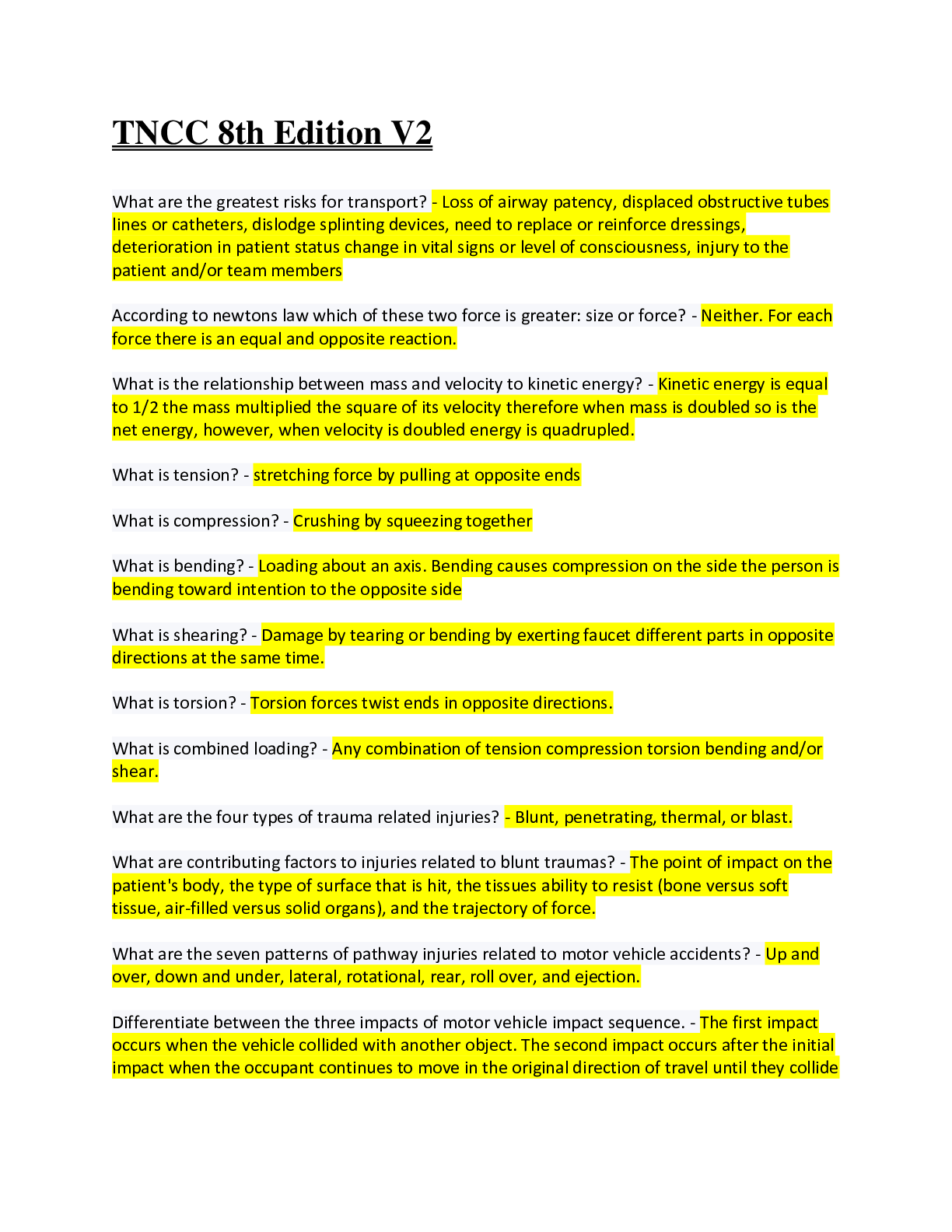
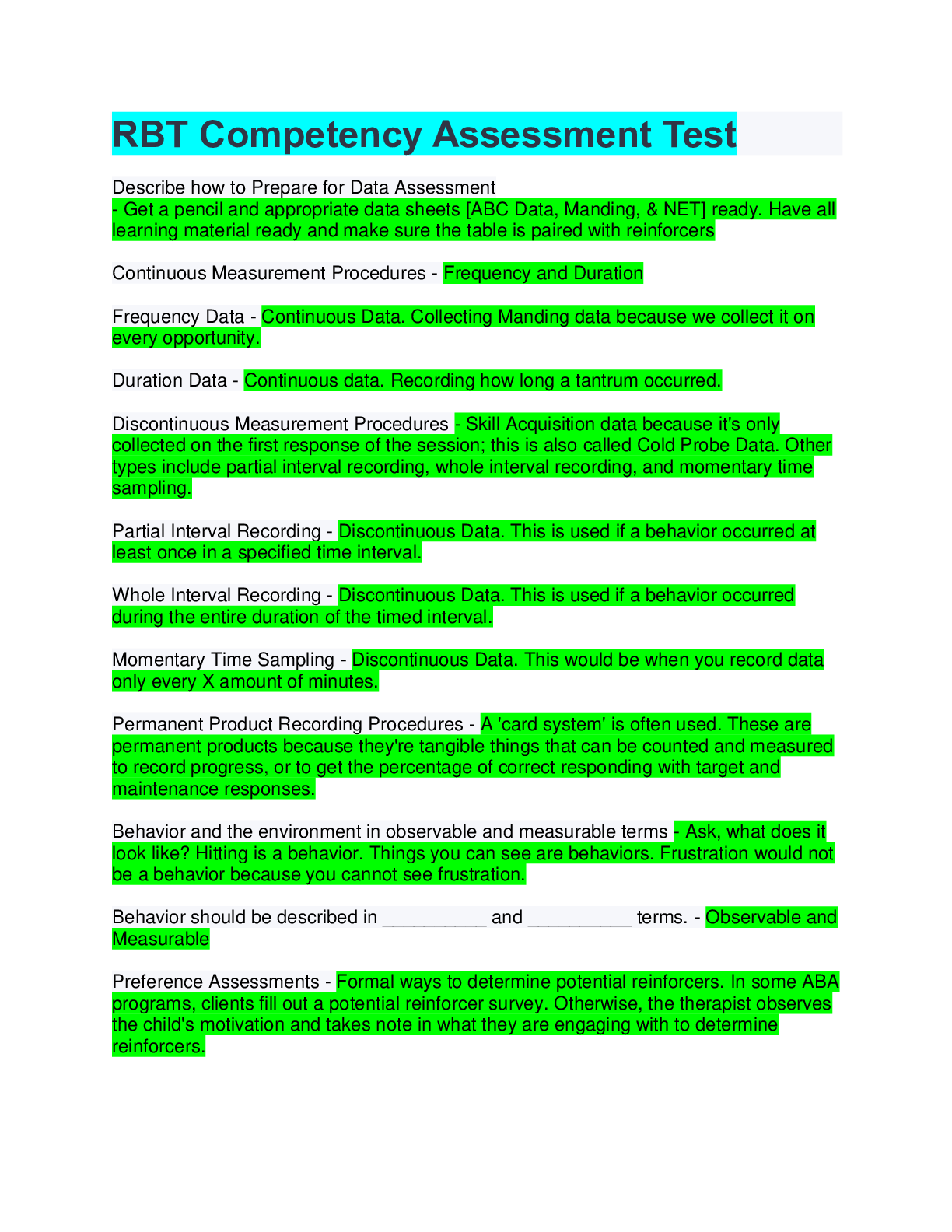
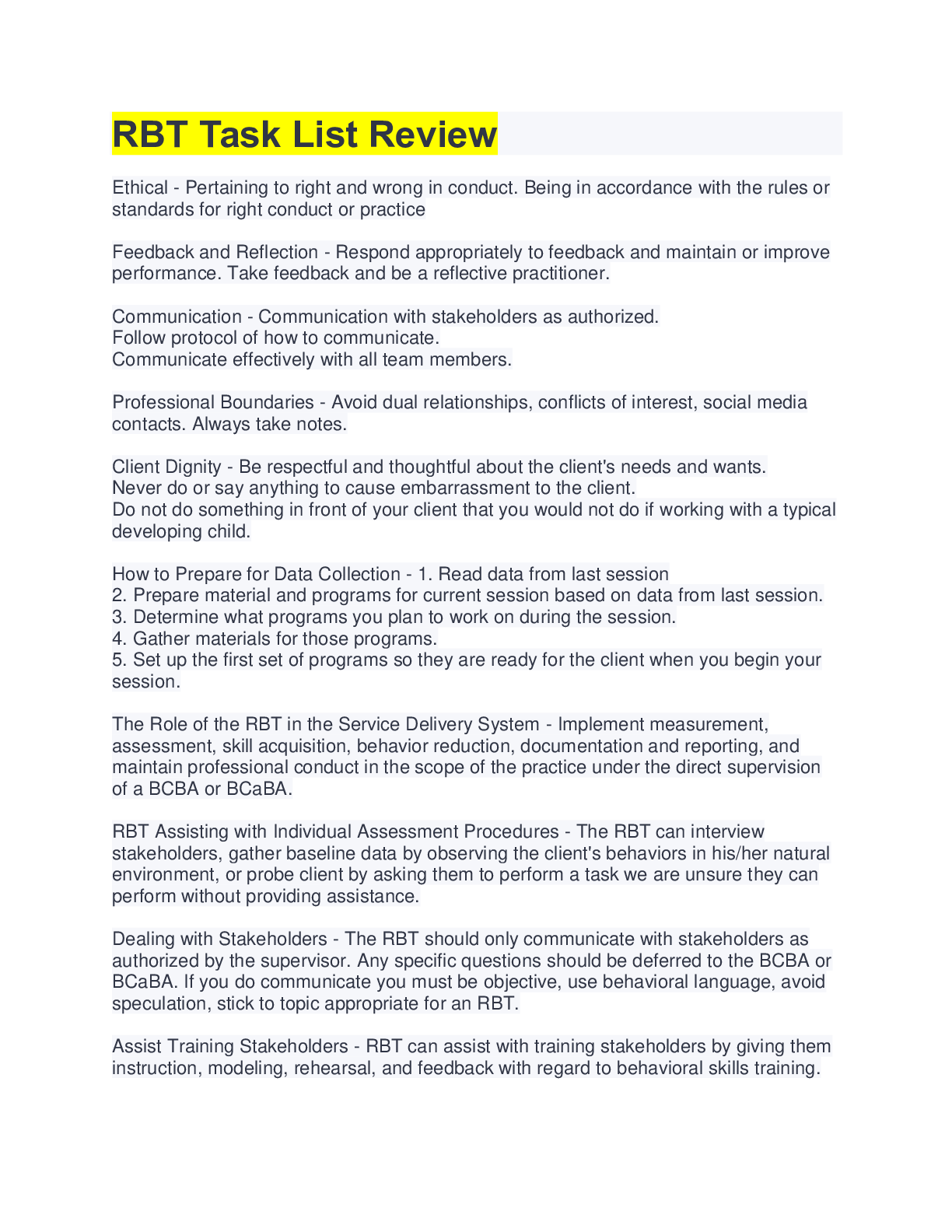

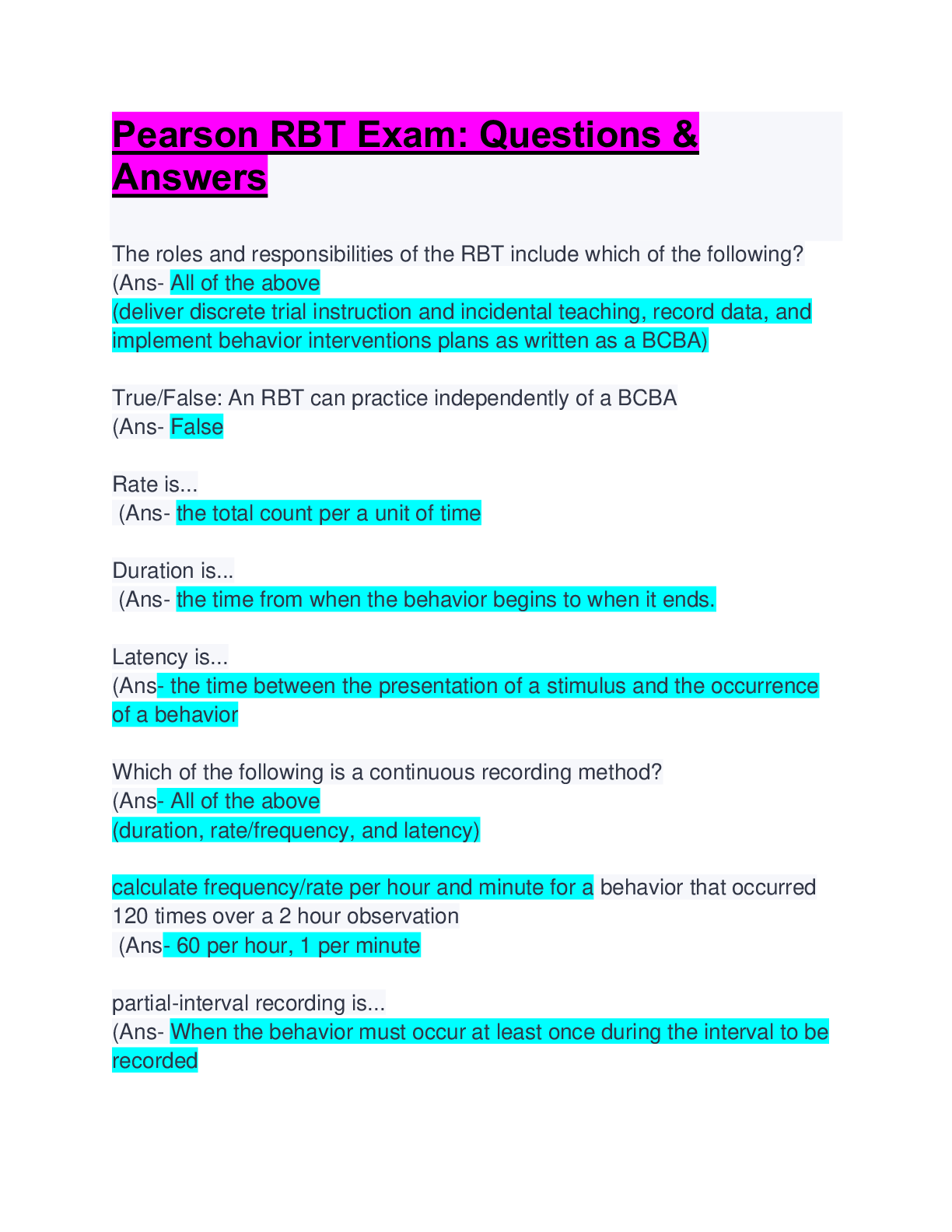



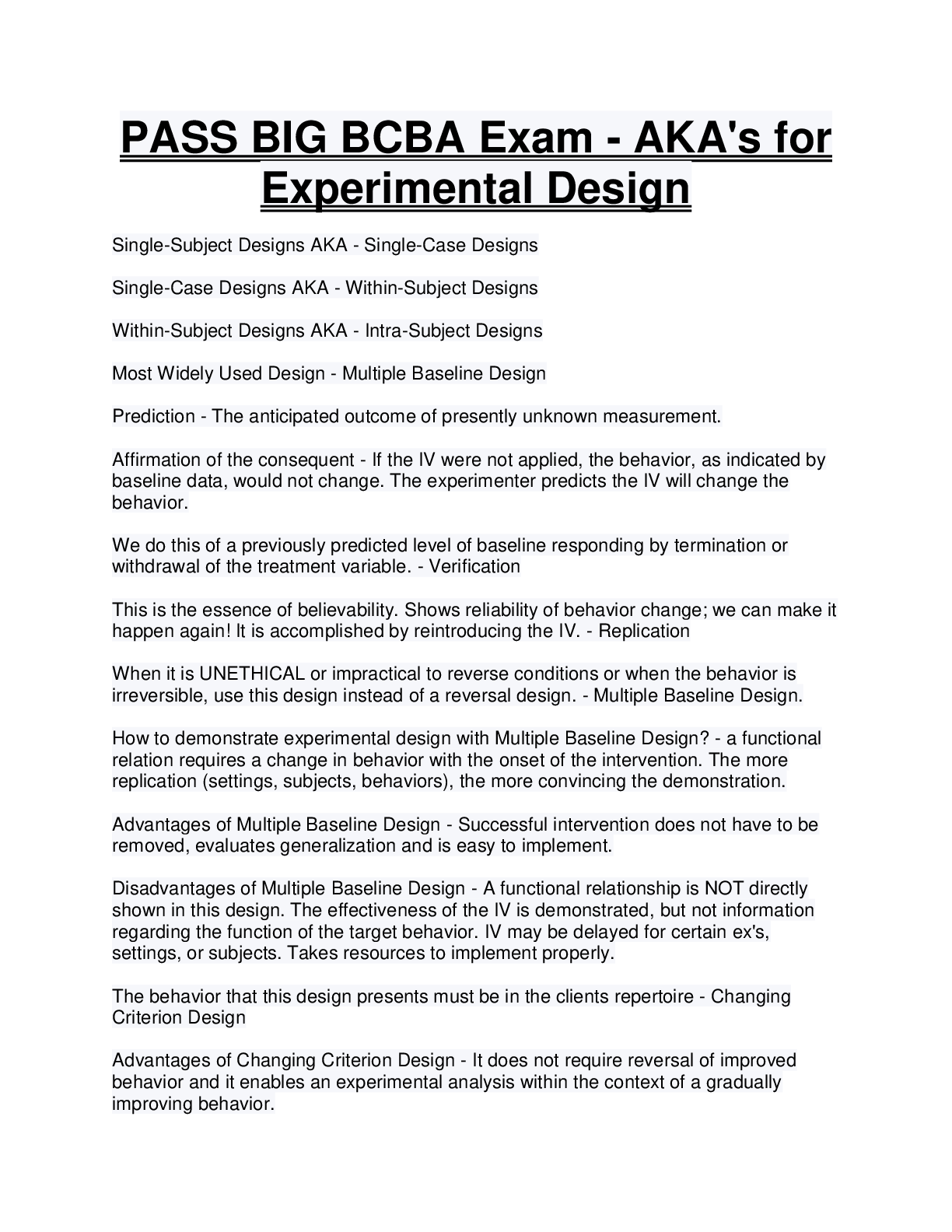
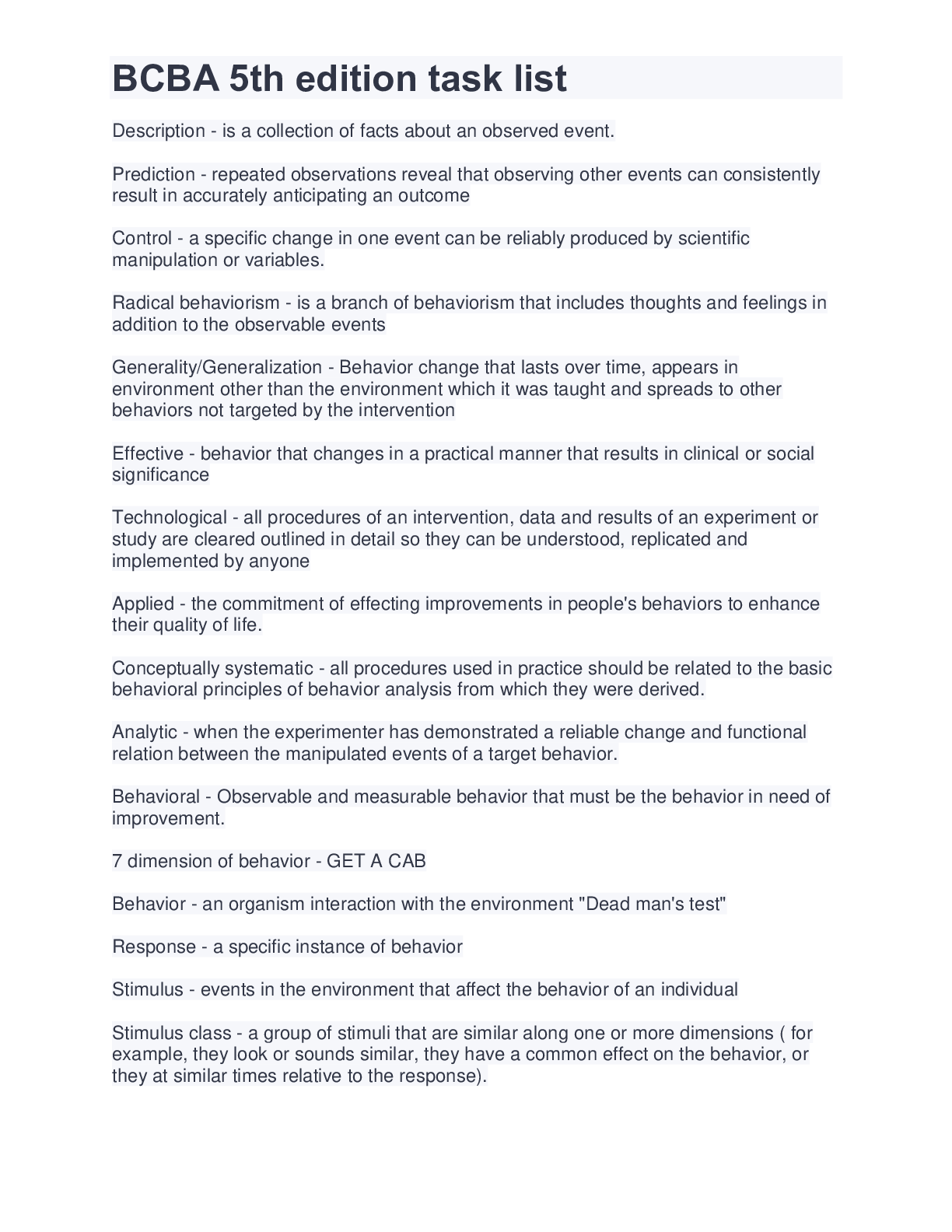
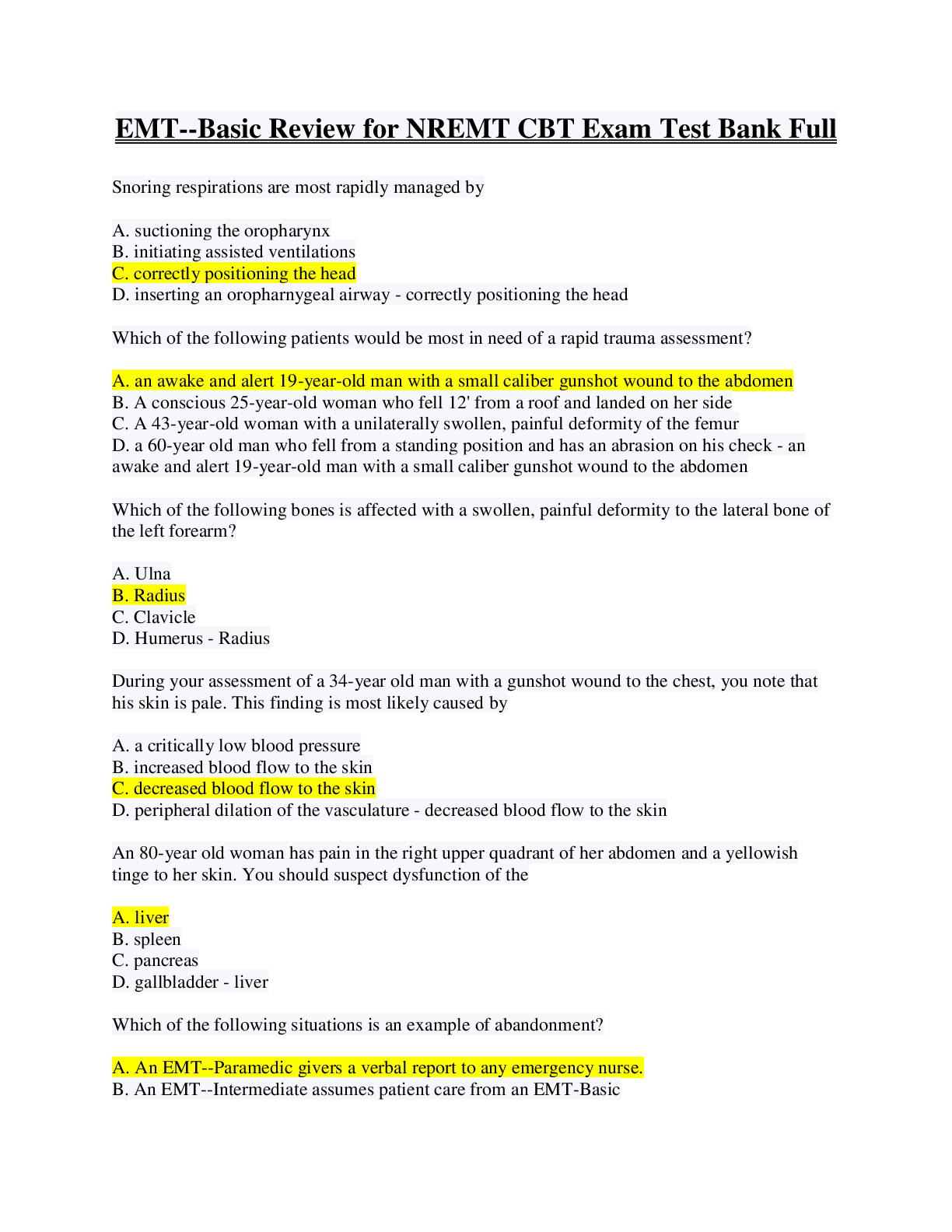
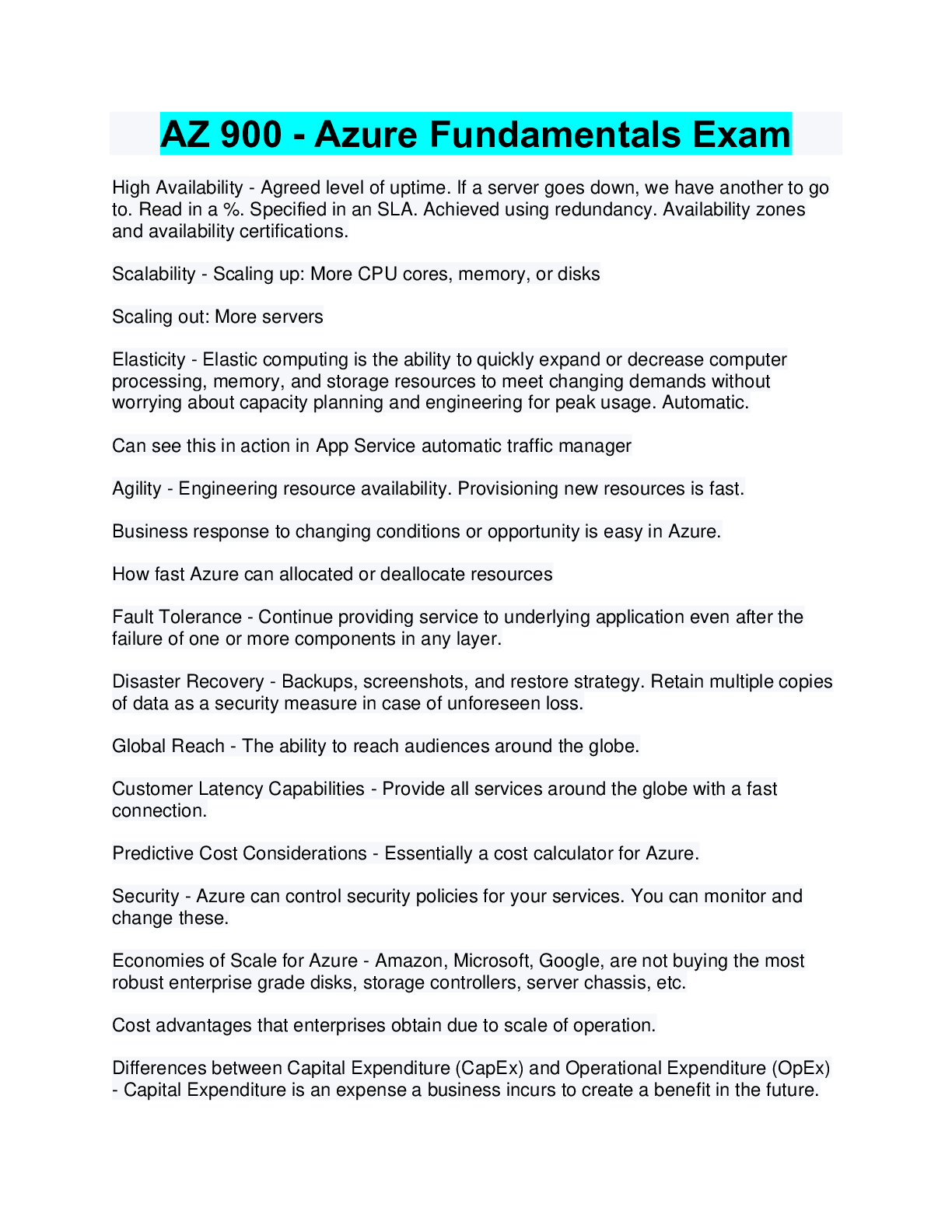

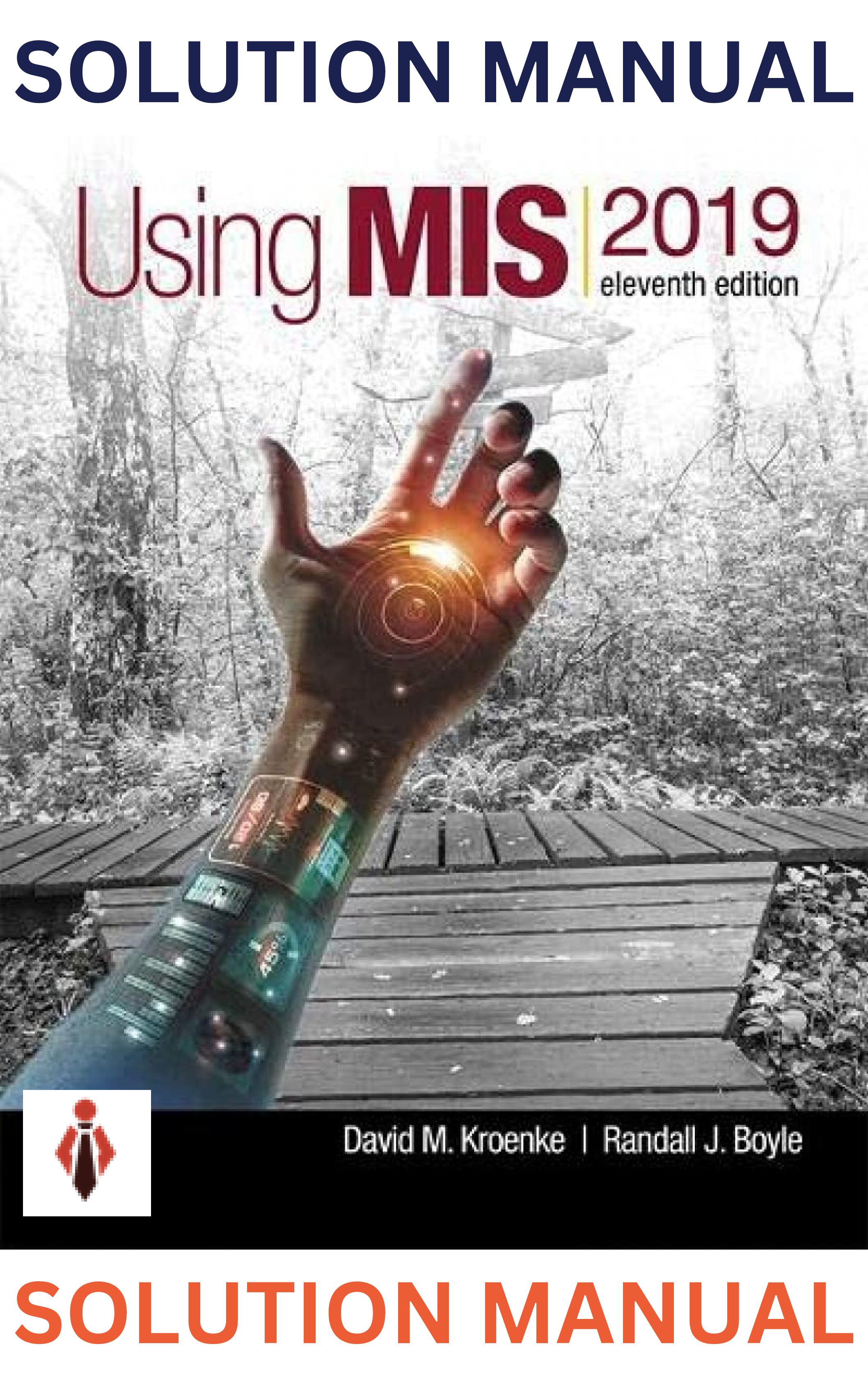

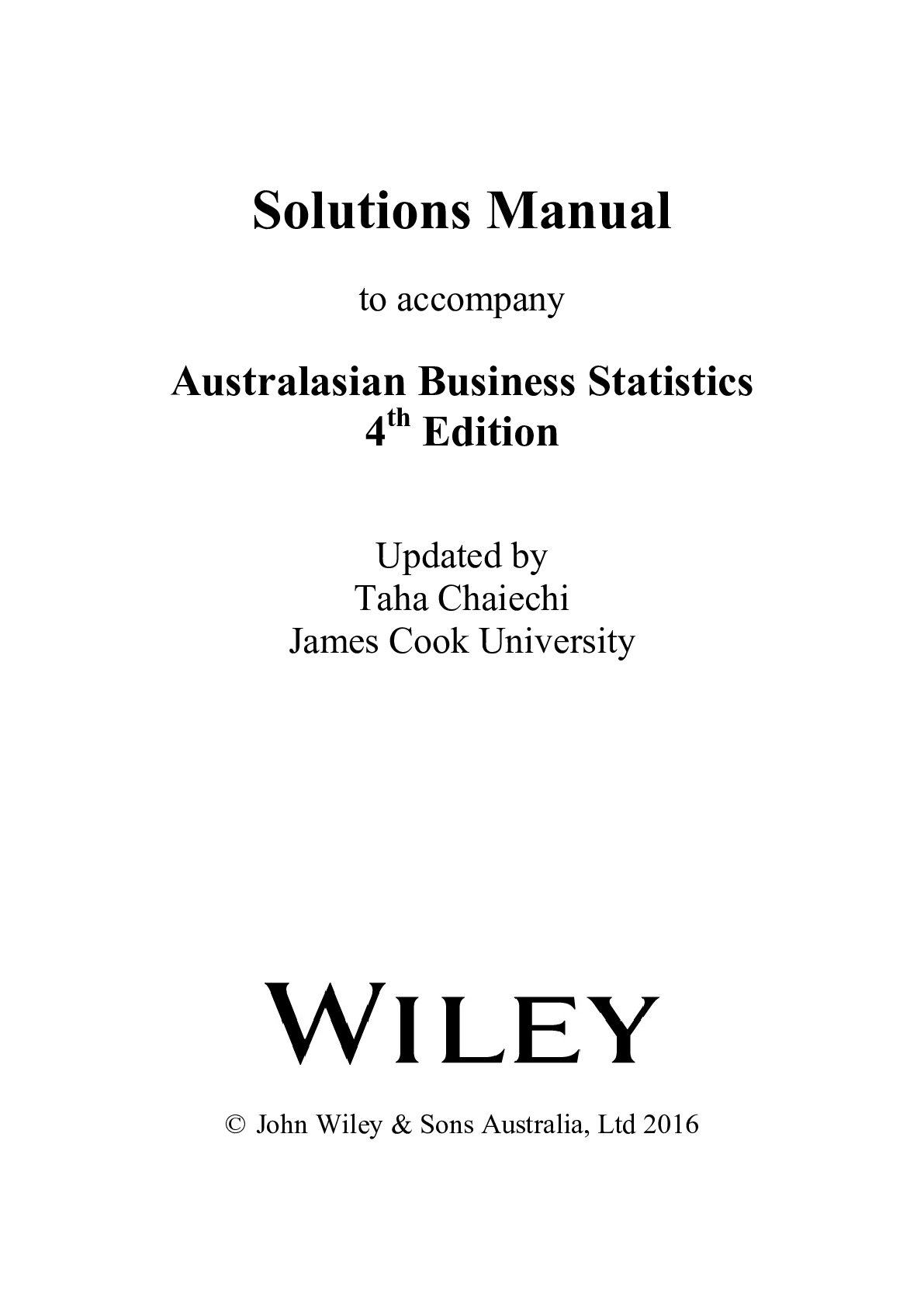

.png)

